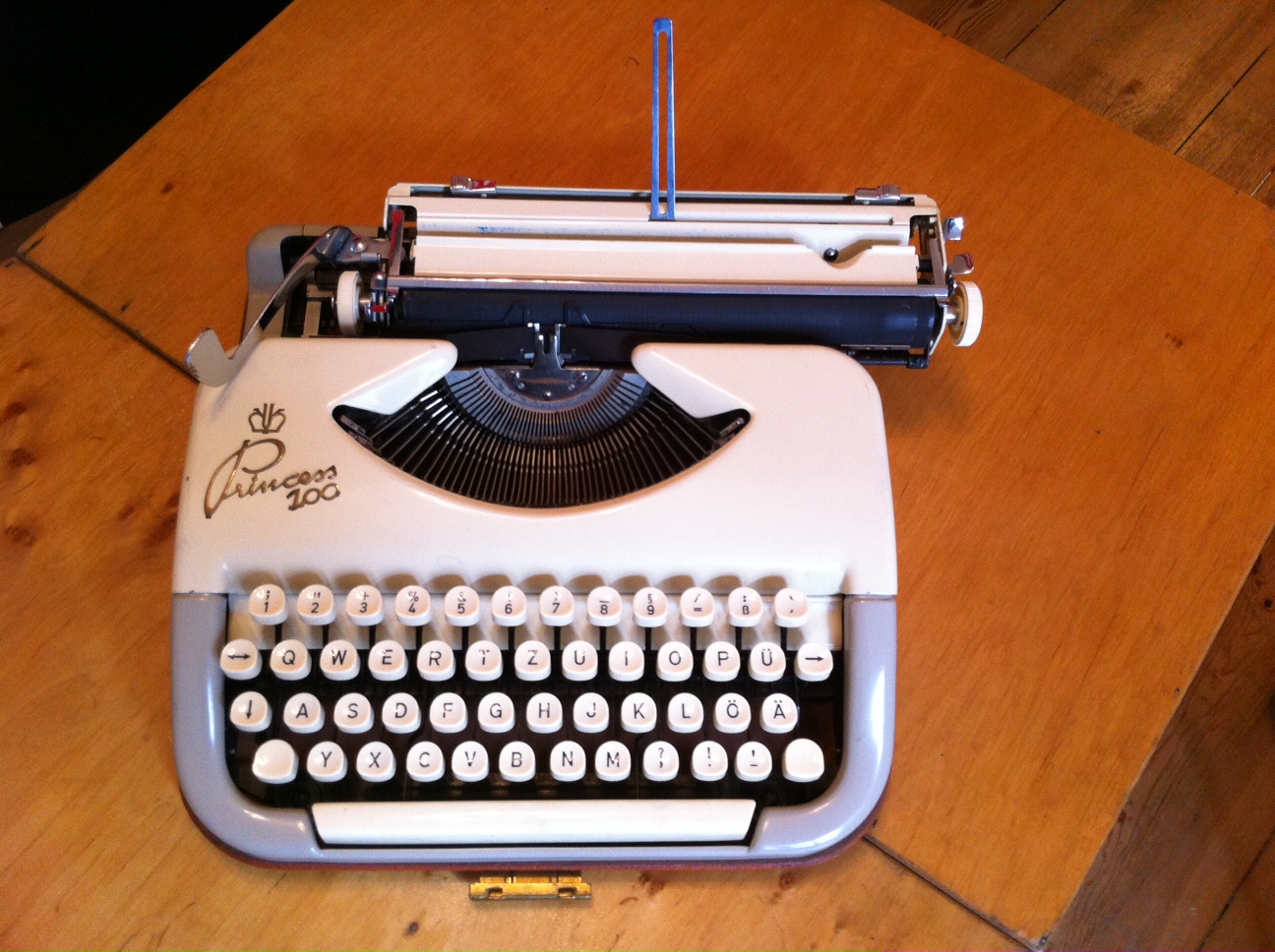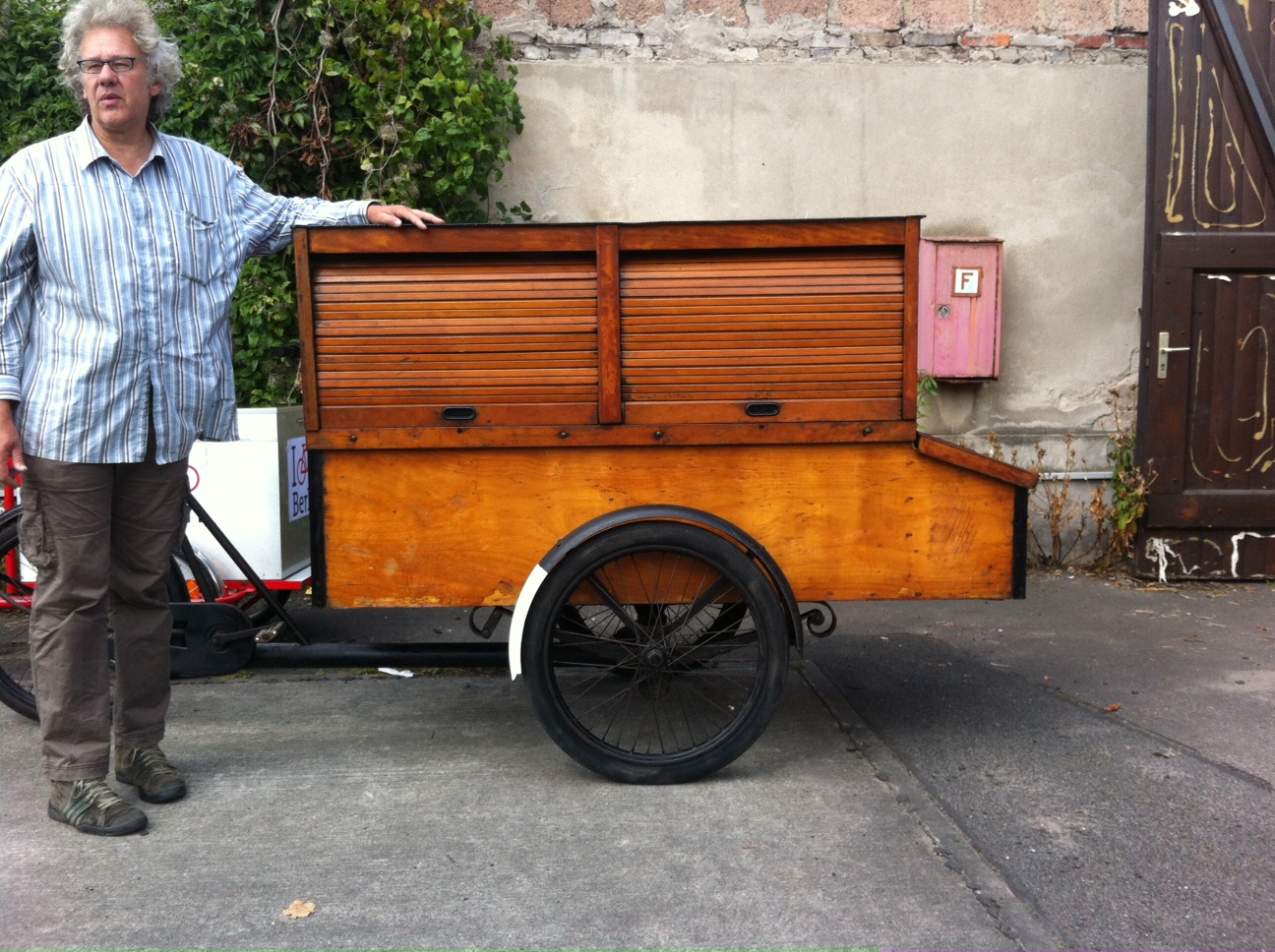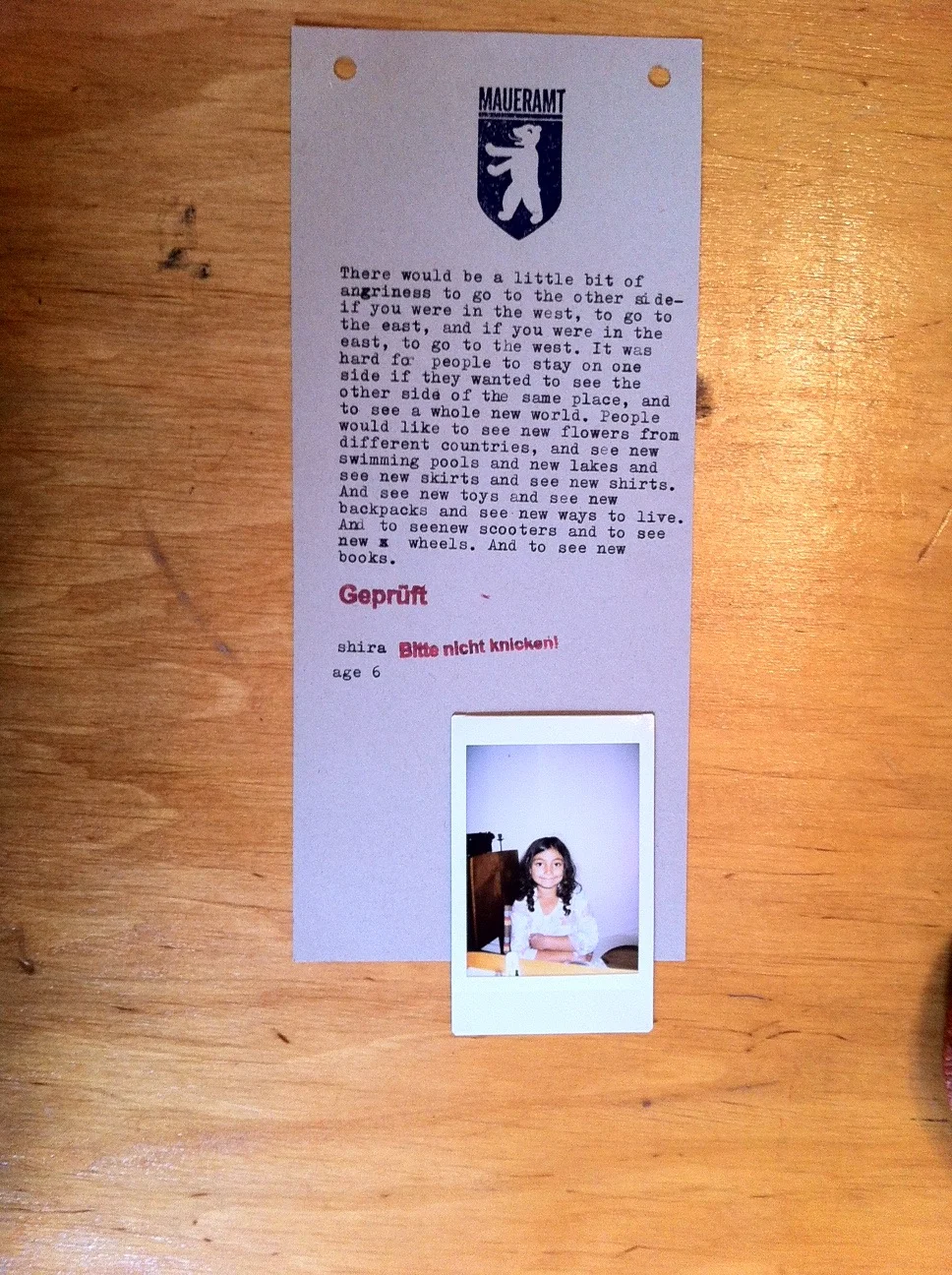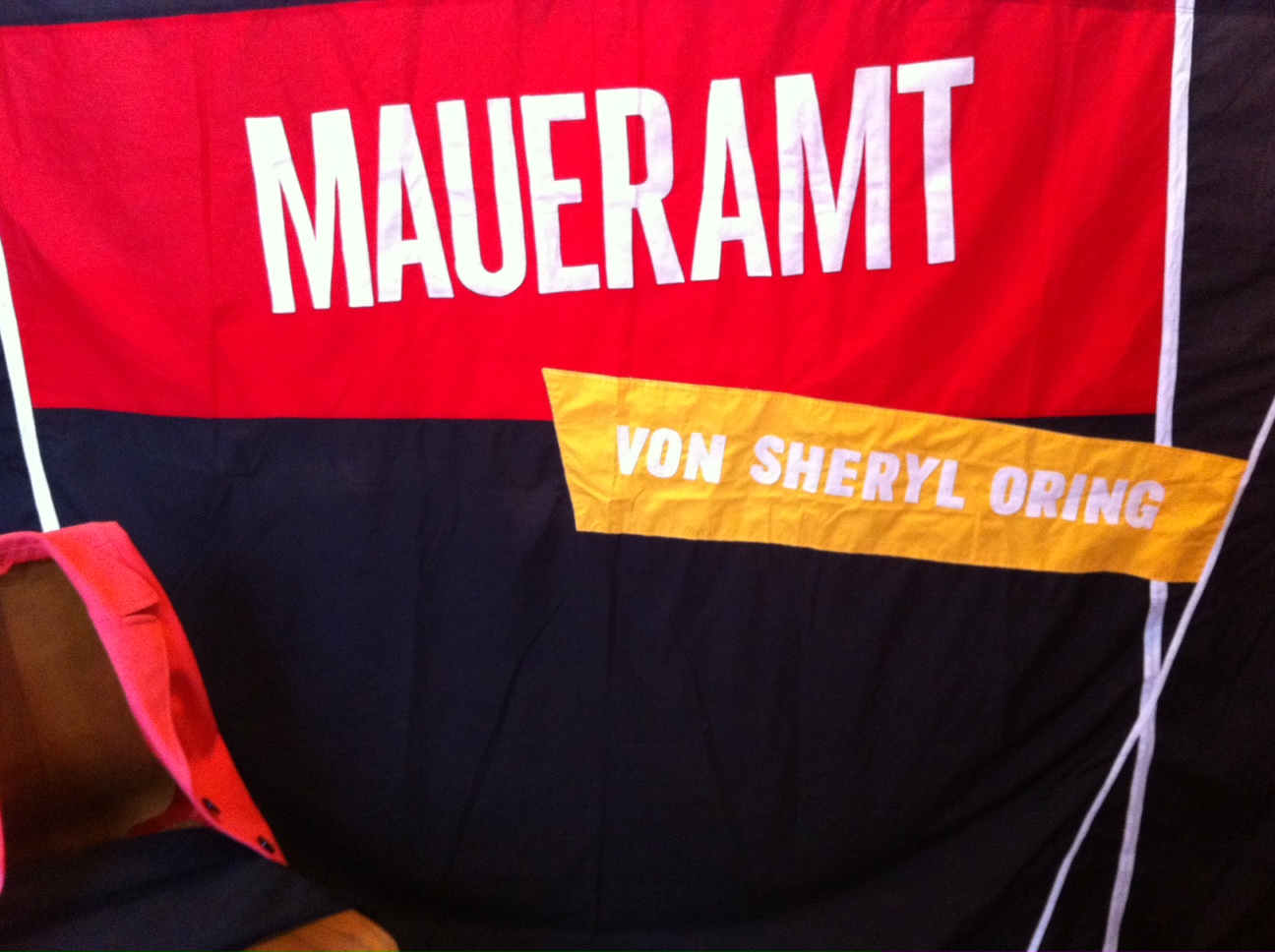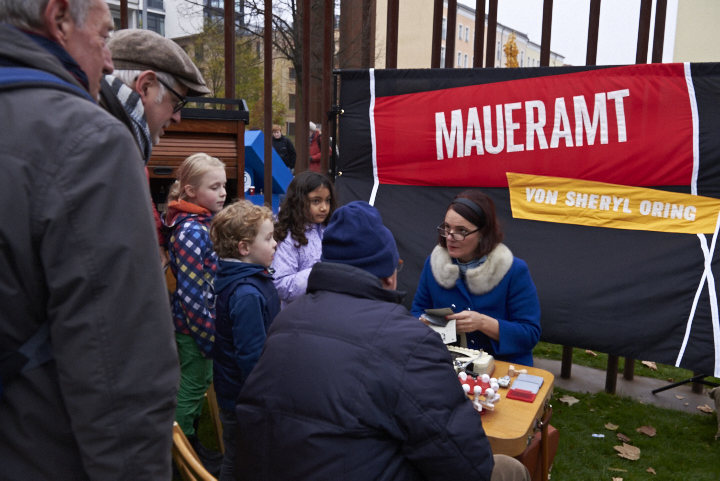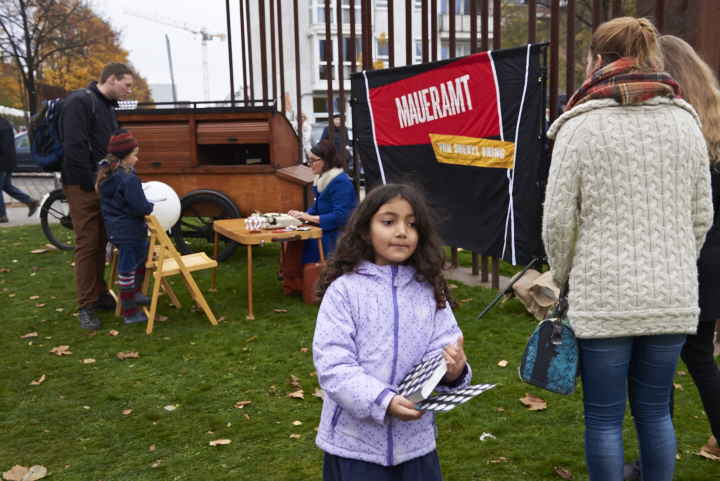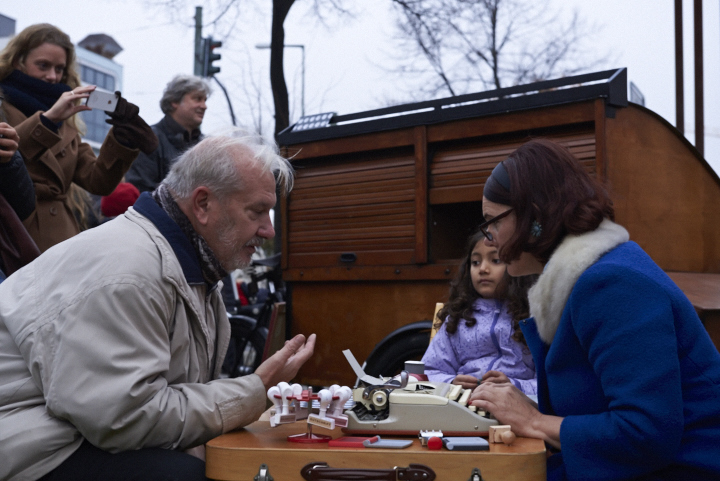This new series of drawings started in 2018 features quotes culled from news stories about the #MeToo movement as well as from personal experiences in the workplace.
Read MoreBlog
Agitype: Changing the World One Letter at a Time
This mid-career survey of Sheryl Oring’s work features 10 projects ranging from her Writer’s Block sculptural installation created in Berlin as a tribute to the authors whose books were burned to a new series of drawings featuring quotes from the #MeToo movement.
Read MoreArt in Odd Places Class at UNCG
Check out the blog I recently wrote about my Art in Odd Places class at UNCG.
A night with Brahms and the day thereafter
This is about time and memory and place and what happens when we move through all of these. About yesterday and yes, about today. Last night I stayed up well past midnight reading a book I’d known about for maybe half a year but hadn’t managed to buy or read. A book by someone I’d once known, by someone I’d once called a friend. She is still in my address book. Twice actually, with her name spelled two different ways: Katya Petrowska and Katja Petrowskaja. I knew she had moved, from the Chodowiecki Strasse to the Greifswalder Strasse. (With moves inbetween?) But when I was in Berlin last fall, we didn’t manage to meet.
This time, I’m in the Ryke Strasse. About halfway between two streets I’d once lived on: Greifswalder Strasse and Kastanienallee. When I think about Ryke Strasse, I think about two things: the synagogue and the sauna. The sauna doesn’t open until 6 p.m., long after I’ve picked up my daughter from school, so I can’t figure out how to go there this time. That leaves the synagogue. The last Shabbat service I sent to was last fall in the Oranienburger Strasse synagogue - and before that? Before that? So many years, when once the Friday night songs were what held everything together.
Yesterday, this happened. The night before, Helen took me to a concert at the Piano Salon Christophori. We went through an unmarked door in a compound that used to be used for cleaning and servicing all the West Berlin buses. Huge halls, towering ceilings, high enough to accommodate buses. We reached the hall through an unobtrusive door with a tiny plaque noting that is (was) a Bonsai Center, a door that led us into another world, a world filled with grand pianos, a stage packed full of them, walls covered in parts and we, the audience, transformed through several hours of song as the long summer day slowly turned to night. Brahms. I didn’t know he wrote the lullaby. The English words fail me. I look it up. They’re not the ones I remember being sung to me. Do I really remember a lullaby being sung to me? In any case, I didn’t know the German version. How could that be?
So yesterday, I had to tell Antonia about the piano salon. I wanted to take her there. Antonia is a new friend, someone I met through Shira last year as our kids go to the same school. She is a singer, and is also finishing a master’s degree in journalism, doing radio reports on art and culture in Berlin. Stressed because of the thesis work. I was certain she needed a night at the piano salon to clear her head. I looked through the program and staring out at me were notes about a show next week: Strawinsky, with Katja Petrowskaja reading Russian poetry along with the music. I sent a Facebook message to Antonia. Look what I found! I want to go with you. And her phone beeped, despite the ringer being turned off, just as Antonia was interviewing Katja for her report about artists who have made work that references the Kaddish, or Jewish mourning prayer. Fuck. It’s Sheryl, she said. Sheryl from the other side, said Katja.
Katja’s book. Why didn’t I read it last fall? I was busy, it’s true. But maybe the title put me off. “Vielleicht Esther.” “Maybe Esther.” With those two words, I knew it would be about the war and being Jewish in Berlin and there came a time when I just couldn’t read anymore about these two things. I needed a break. But two days ago I bought the book (along with a children's book called "The ABC of Schadenfreude") and last night I sat down with it. Katja wrote it in German, even though Russian is her mother tongue. If she can write it, I can read it, I told myself. And page after page she drew me in. She did it. Kajta did it. She managed to bring all of her brilliant observations about today into a book that also delves into the past, in a way that feels raw and true. I love it. I keep reading. I check whether it’s been published in English. It hasn’t. It must, I think. Reading, thinking about translating. It wouldn’t be easy. But the book should be available at home. Maybe it’s in the works, I think. And Katja tells Antonia she’d like to be in touch and Antonia tells me she’ll go to the concert and now I am wondering, strangely, what I can wear. It’s cold here. I barely brought any clothes for cold weather. One pair of jeans. One sweater. Didn’t even bring my boots. Besides tennis shoes, all I have are sandals. Maybe it will warm up by next week. Please.
All this makes me want to account for my moves. I am not going to count from birth, though I do suppose that my parents’ frequent moves, and time in Denmark and Sweden when I was an infant and toddler, did make an impact. I’ll start with the house I grew up in: 710 N. 25th Street in Grand Forks, North Dakota. By the time my parents moved there, around the time I started kindergarten, they were ready to settle down. With the exception of one year away, an enchanting year in Ithaca, N.Y., 1975, this was the only place I lived growing up. (I’m not going to count summers.) So No. 1 and No. 2 are clear.
No. 3 is a dorm at the University of Colorado, where the food was so bad I lost weight and started eating eggs, something I’d hated until then but here eggs seemed like the only recognizable food on offer.
No. 4, the apartment on the Hill in Boulder.
No. 5, the apartment between the hill and downtown.
No. 6, the downtown house I shared with a group of friends I no longer know on the street where Mork & Mindy once lived.
(Remember, I’m not counting summers.) The next couple years are getting murky.
No. 7, a shared house in rural Riverside County, California, near some kind of hazardous waste superfund site.
No. 8, a shared apartment in Riverside where the police helicopters woke us up on a regular basis.
No. 9, an apartment in San Bernardino.
No. 10, a rented house in Redlands.
No. 11, a Toyota pickup driven to Alaska and back.
No. 12, a friend’s place in Noe Valley, San Francisco.
No. 13, a tiny place with an amazing view in the Diamond Heights neighborhood of San Francisco. Fond memories of my neighbor Ellen.
No. 14, a bigger place on Sanchez Street in San Francisco.
No. 15, a house in Berkeley.
And then Berlin.
No. 16, a friend’s place on Simon Dach Strasse in Friedrichshain. (Decades before Friedrichshain was hip.)
No. 17, a sublet on Sophien Strasse in Mitte.
No. 18, a tiny apartment with a bathroom in the stairwell on Greifswalder Strasse in Prenzlauer Berg. The street was so gray then, so far from Mitte.
No. 19, a bigger place on the Kastanienallee in Prenzlauer Berg.
No. 20, a live-in studio on Hobrecht Strasse in Neu Koeln (long before Neu Koeln became the place to be).
No. 21, various places in Paris (maybe I shouldn’t count this, it was summer).
No. 22, a railroad apartment in Greenpoint, Brooklyn, that I wouldn’t have left except for the crazy downstairs neighbor who started calling the police when I was pregnant, saying I was making a racket in the middle of the night, and the police said there was nothing I could do to make him stop – he was in a rent-controlled apartment and would never leave.
No. 23, a sublet on the other side of Brooklyn where we stayed until shortly after my daughter was born.
No. 24, a graduate student apartment at the University of California, San Diego, where we had carpet for the first time since leaving San Bernardino and paid more in rent than our current mortgage.
No. 25, a rented house in Greensboro, North Carolina, where we moved after I got a teaching job.
No. 26, a semester-long sublet on Liselotte Herrmann Strasse in Prenzlauer Berg.
No. 27, a house at 710 Guilford Avenue in Greensboro.
From 710 N. 25th Street in North Dakota to 710 Guilford Avenue in North Carolina. Two “norths” in the same country, but worlds apart. And now here, in the Ryke Strasse, various worlds seem to be crashing head-on. Then and now, here and there. The longest day of the year just passed.
Guten Abend, gute Nacht.
Remembering the Wall
We were riding our bikes through Berlin the other night, on the way home after a day full of events marking the 25th anniversary of the fall of the Berlin Wall. In the afternoon, I'd typed for a couple of emotion-filled hours at the Berlin Wall Memorial.
Istean Ihm from Budapest came by and told me simply: "When the Wall came down, it was the best feeling of my life."
Radu Roman from Cluj-Napoca, Romania, said: "In my country, it was still Communist, and they didn't tell you anything about it."
And Daryl Lindsey from Berlin said: "I visited East Berlin in 1989, 5 months before the Wall fell. We had been indoctrinated in school about the evils of Communism and the East. And our first experience in East Berlin was a warm bowl of Soljanka for 2 Ost Marks. It was delicious and forced us to rethink everything we knew about the East."
And then in the evening, we watched the balloons be dispatched into the night. One by one, the wall faded away.
And so as we were riding home, my six-year-old daughter says: "mama, it's not that we should just remember about the wall. We should remember about the people from the old times and about the ones who died trying to get over the wall. To be with their families. That's what we should remember about."
It was dark, and cold, and I had to fight back tears as we rode through the night in East Berlin.
Photos by Dhanraj Emanuel.
A Berlin love story...
Eva Zimer had more to say than I could possibly type today. The message she dictated on the first day of Maueramt started like this:
"In 1961 the wall was built and in 1962 I came to Berlin at age 25 because of a six-year correspondence with my future husband." It seems Zimer, who was originally from Czechoslovakia, had been on a visit to Berlin when she met a young man on the subway platform. He asked for her address, and so began their love story.
Her beloved sent a pile of official papers from East Berlin, authorizing their marriage. But it took two more years for the Czech authorities to give their OK. "So on June 30, 1962, I got married. Without knowing German. We even had a child before we could talk to each other."
Zimer never changed her citizenship and said that gave her privileges her East German husband didn't have. "He couldn't visit his family. But I could visit his family. So I became a sort of courier between them."
Finally, she said, the wall fell. "It had to happen," said Zimer. "Good that it happened without any lives being lost."
Working on Maueramt
Just a few days away from the first office hours! I've been gathering supplies and getting ready.
